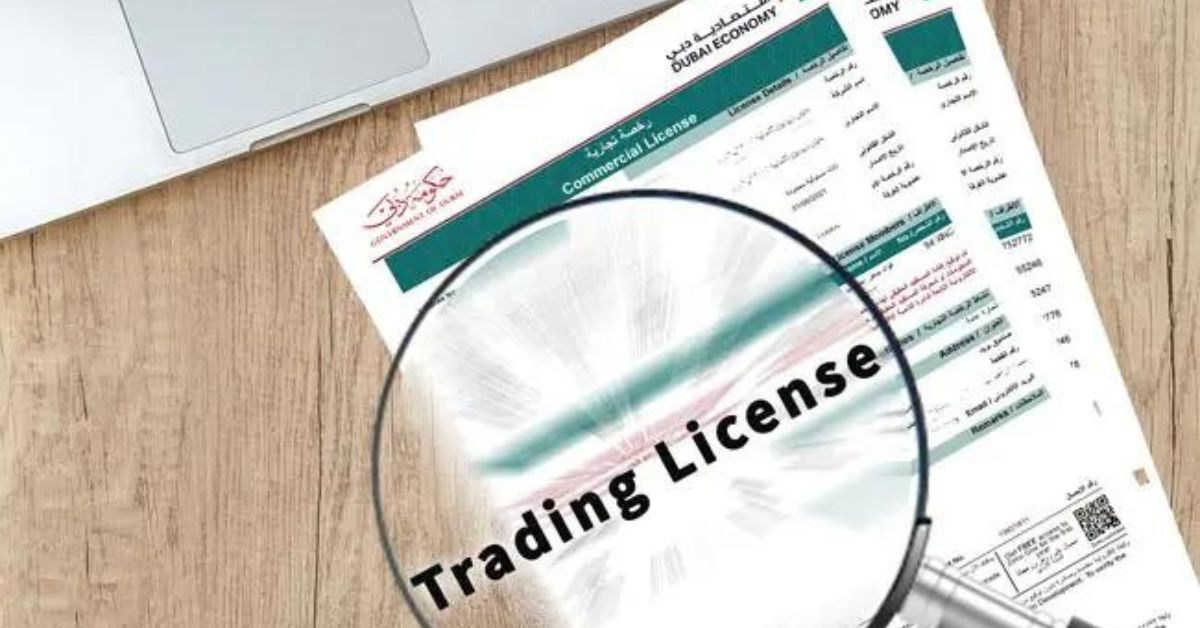Embarking on the journey of establishing a business in the UAE is an exhilarating prospect for entrepreneurs worldwide. With its thriving economy, strategic location, and business-friendly policies, the UAE offers abundant opportunities for ventures to flourish. However, amidst the excitement of starting a new business, it’s crucial to navigate the process of obtaining a UAE trade license with precision and care. Here, we highlight some of the top mistakes to avoid, ensuring a smooth and successful application process.
One common pitfall many aspiring business owners encounter is a lack of thorough research. Before diving into the application process, it’s essential to conduct comprehensive research regarding the specific requirements, regulations, and procedures associated with obtaining a UAE trade license. Understanding the intricacies of the process will not only streamline your application but also prevent potential delays and complications down the line.
Securing a UAE trade license involves fulfilling certain criteria and adhering to regulatory guidelines. Failure to accurately complete the necessary documentation or provide required information can significantly impede the progress of your application. To avoid this mistake, double-check all forms, ensure they are filled out correctly, and provide any supporting documents as requested. Attention to detail at this stage can save valuable time and resources in the long run.
Furthermore, overlooking the importance of selecting the appropriate license category can prove detrimental. The UAE offers various types of trade licenses, each tailored to specific business activities. It’s imperative to carefully assess your business model and choose the license category that aligns with your operations. Selecting the wrong license category can result in complications during the application process and may even lead to regulatory issues post-approval.
Maintaining transparency throughout the application process is paramount. Failing to disclose relevant information or providing false details can have severe consequences, including the rejection of your application or legal repercussions. Be honest and forthcoming in all your interactions with regulatory authorities to foster trust and credibility, essential elements for a successful business endeavor in the UAE.
Another common mistake is underestimating the importance of financial planning and budgeting. Securing a UAE trade license involves various fees and expenses, including license fees, visa costs, and office space rentals. Failing to account for these expenses accurately can result in budgetary constraints and financial strain on your business. Conduct a thorough financial analysis and allocate sufficient resources to cover all associated costs, ensuring a smooth and stress-free application process.
In addition to financial considerations, overlooking the significance of local sponsorship can pose challenges for applicants. Depending on the nature of your business, you may be required to have a local sponsor or partner to support your application. Choosing the right sponsor is critical, as they will play a crucial role in facilitating your business operations and navigating local regulations. Take the time to research potential sponsors thoroughly and establish a mutually beneficial partnership.
Finally, neglecting to stay informed about changes in regulations and policies can hinder your application process. The business landscape in the UAE is dynamic, with regulations subject to periodic updates and revisions. Stay proactive and stay abreast of any changes that may impact your application or business operations. Engage with reputable legal advisors or consultancy firms to ensure compliance with all regulatory requirements.
In conclusion, obtaining a UAE trade license is a pivotal step in establishing a successful business venture in the region. By avoiding common mistakes such as inadequate research, incomplete documentation, improper license selection, lack of transparency, financial oversight, overlooking sponsorship requirements, and failing to stay informed about regulatory changes, you can streamline the application process and set your business up for long-term success in the vibrant UAE market.







